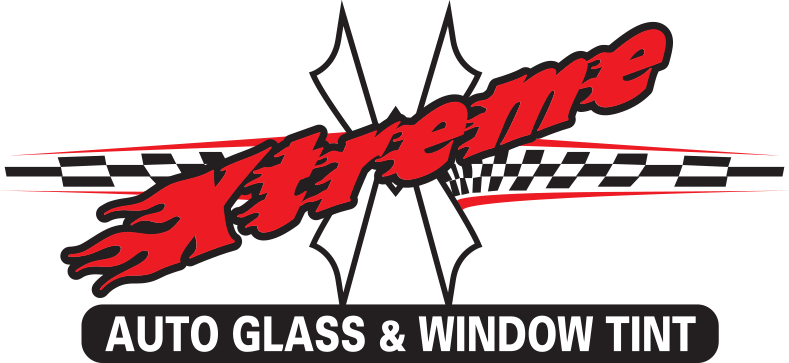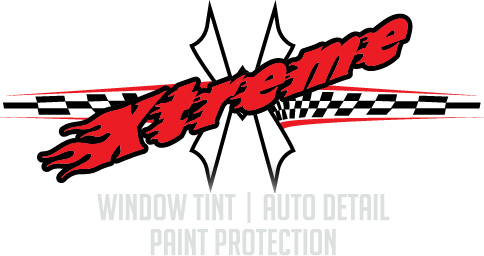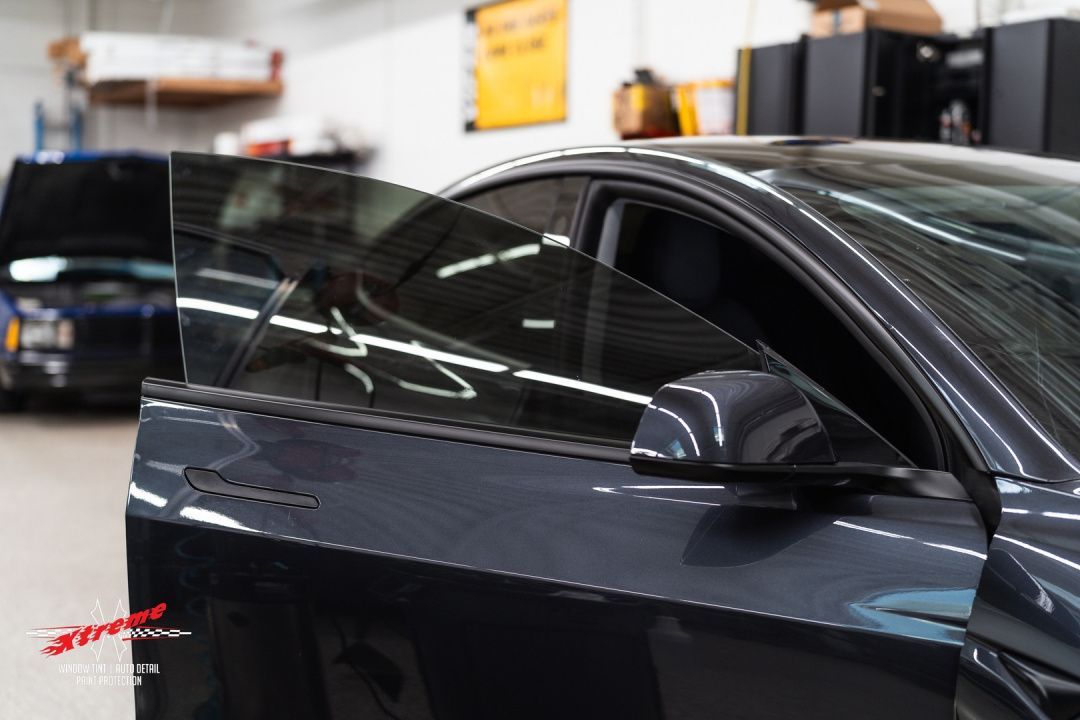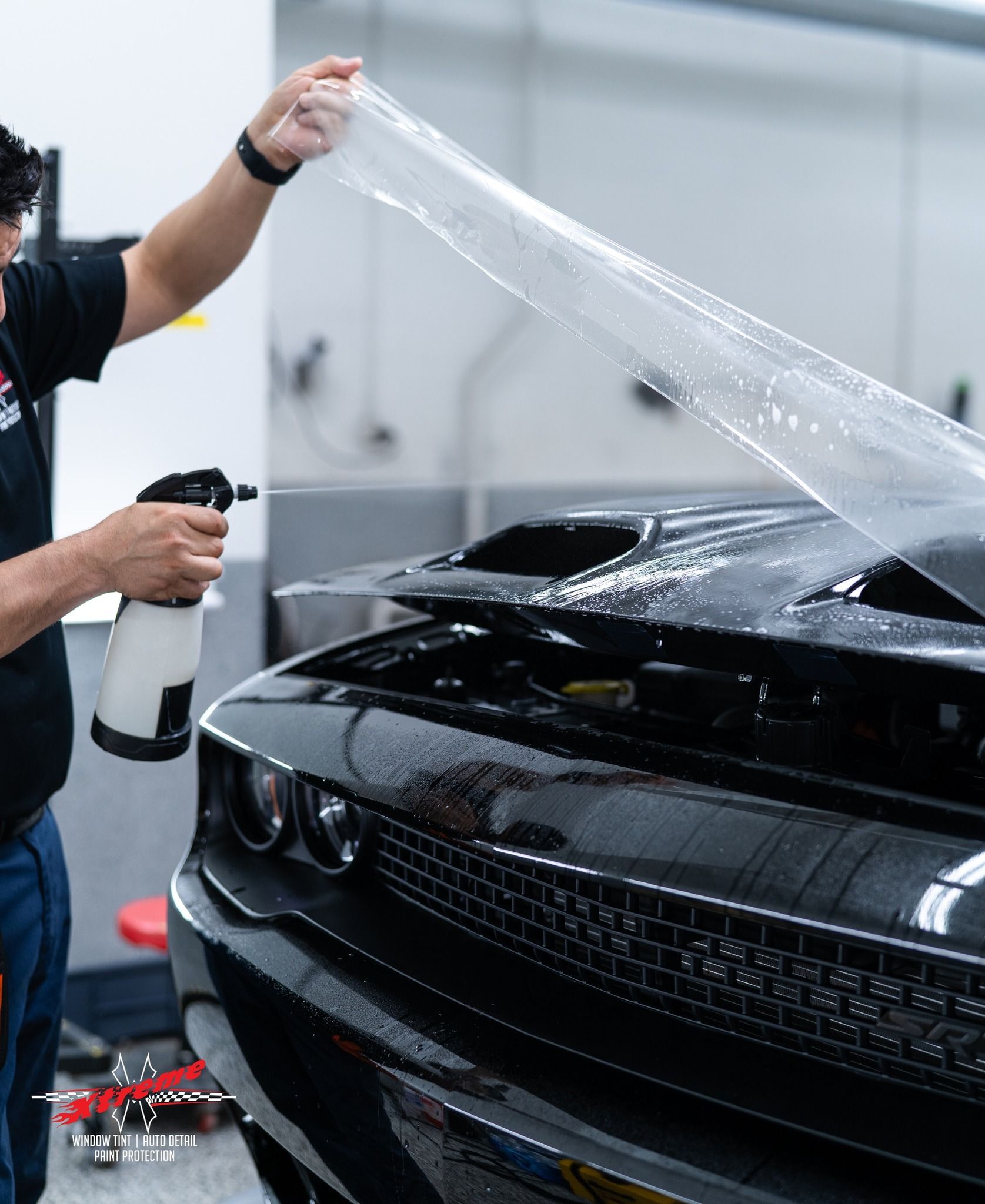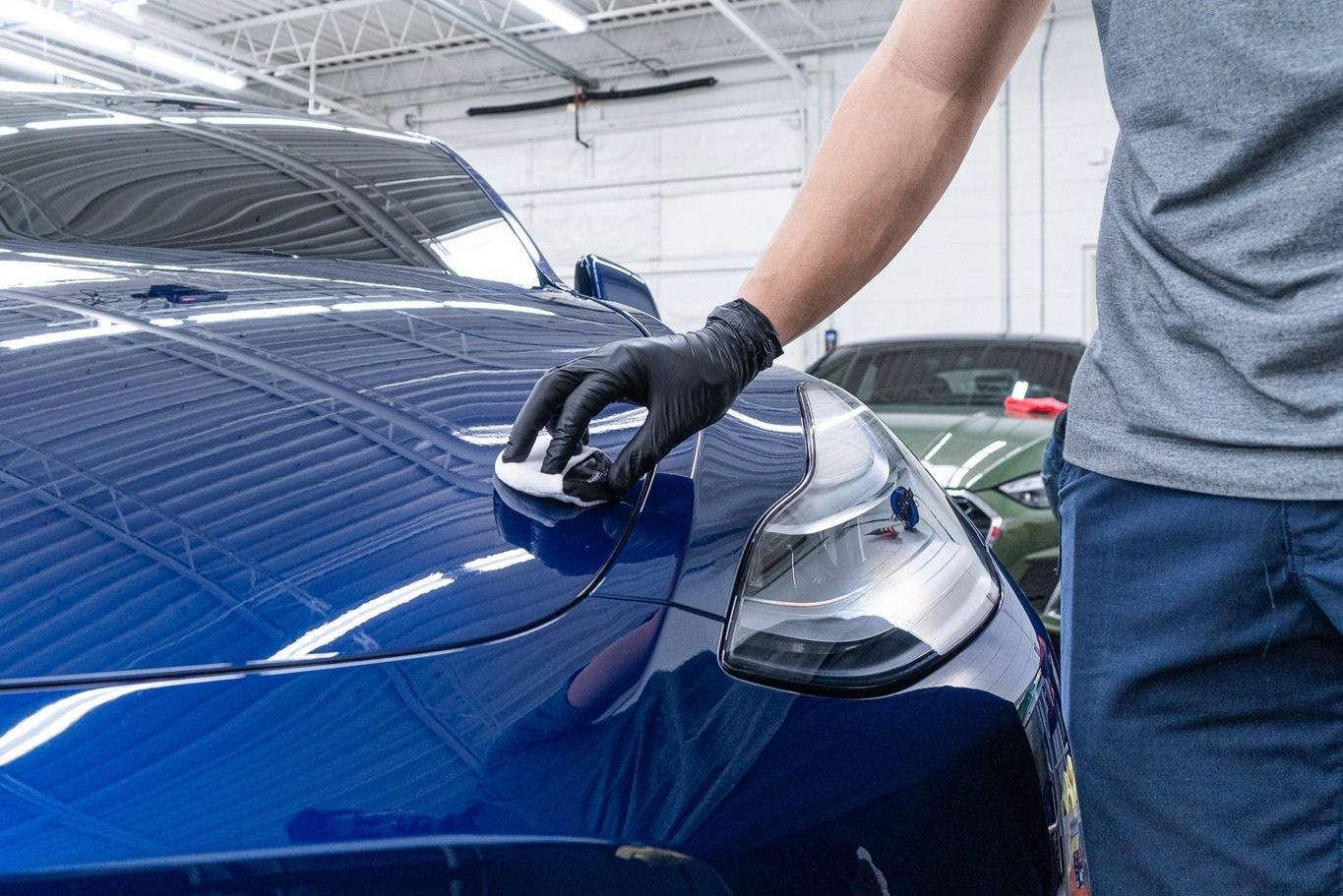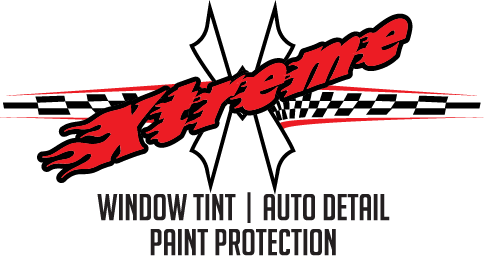PPF Installation: DIY vs. Professional Services—Pros and Cons
Choosing between a DIY or professional PPF installation depends on different factors like cost, time, skills, and quality. Doing it yourself might save you cash, but you may lack the trained eye of an expert. However, professionals bring their extensive knowledge and experience to PPF installation, giving you quality results without the burden of errors. But do note that this often comes with a higher price tag. Weighing these pros and cons will give you clarity on which route to take, whether to dive into those manual steps yourself or let seasoned hands handle your vehicle's protection.
Comparing DIY and Professional PPF Services
When it comes to deciding between a do-it-yourself (DIY) approach and seeking professional services for paint protection film (PPF) installation, several important factors come into play. Let's break it down, starting with cost.
The average cost of professional PPF installation tends to be higher compared to purchasing a DIY kit. However, the higher cost often reflects the use of high-quality products and the expertise and experience of professional installers. On the other hand, opting for a DIY approach can save money upfront, but it may lack the specialized tools, expertise, and access to high-quality materials that professionals provide.
In terms of time, DIY PPF installation can be more time-consuming as it involves learning and performing the installation process step by step. This can be fulfilling for someone who enjoys working on their vehicle and doesn't mind investing time in mastering a new skill. However, it's essential to note that professional PPF installation typically takes less time due to the experience and efficiency of trained technicians.
Furthermore, when considering the quality of the final result, professional PPF installation tends to yield superior results due to the expertise and precision of experienced professionals. They have the knowledge and skills to ensure a flawless application, minimizing the risk of imperfections such as air bubbles or misalignment. In contrast, while some individuals may achieve satisfactory results with a DIY installation after substantial practice, there is a higher likelihood of imperfections if not executed correctly.
Moreover, warranty coverage is another aspect to consider when evaluating DIY versus professional PPF installation. Professional services often come with comprehensive warranties that provide peace of mind, offer protection against defects and ensure proper adherence to industry standards. Conversely, DIY installations may not offer similar warranty coverage, leaving the vehicle owner responsible for any issues that arise post-installation.
Ultimately, weighing these factors will help you determine whether DIY or professional PPF installation aligns better with your priorities and desired outcome for your vehicle's protection. In assessing the advantages and disadvantages of DIY PPF installation, we gain further insight into making an informed decision regarding your vehicle's paint protection.
Advantages and Disadvantages of DIY PPF Installation
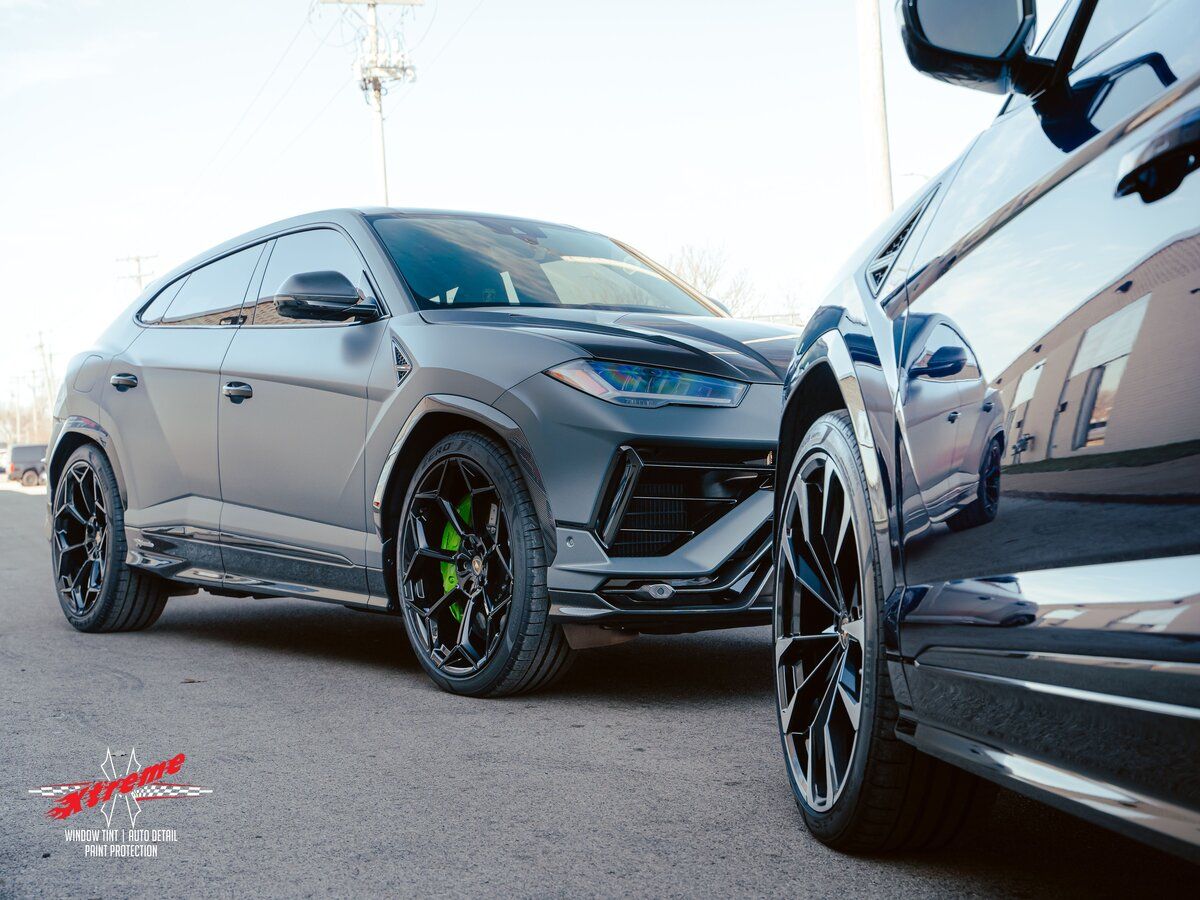
When it comes to installing paint protection film (PPF) on your vehicle, the do-it-yourself approach comes with its own distinct set of advantages and disadvantages. Let's start with the advantages:
Advantages
- Cost Savings: One of the biggest draws of a DIY installation is the potential for cost savings. DIY kits are generally more affordable than hiring professional installers, which can be particularly appealing for those looking to protect their vehicle while staying within a budget.
- Learning Opportunity: Engaging in a DIY project provides not only immediate benefits but also invaluable experience. By taking on the task yourself, you stand to gain a wealth of knowledge about the installation process and a sense of accomplishment upon completion.
- Flexible Schedule: With DIY installation, you have the liberty to work at your own pace without feeling rushed. This can be advantageous for individuals who prefer a more laid-back approach and want to allocate time as per their convenience.
While these advantages come with their own set of challenges, there are also potential drawbacks associated with DIY PPF installation.
Disadvantages
- Risk of Mistakes: One of the primary concerns with DIY installation is the potential for errors. Inexperienced installers may struggle with precision in cutting and applying the film, leading to imperfections or bubbles in the final result. This could detract from the overall quality and aesthetics of the paint protection film.
- Need for Space and Tools: Ensuring a successful PPF installation requires not just skill but also access to a clean, controlled environment and specific tools. Without these resources readily available, achieving professional-grade results can prove challenging.
Imagine embarking on a DIY project only to encounter issues due to a lack of space or inadequate tools. It can quickly turn into a frustrating experience. This emphasizes the importance of assessing your personal capabilities and resources before committing to a DIY installation.
Considering both sides is crucial when deciding between a DIY or professional PPF installation, as it hinges on factors such as skill level, comfort with hands-on tasks, available time, and desired outcome. By carefully weighing the pros and cons, individuals can make an informed decision that aligns with their needs and preferences.
Merits and Drawbacks of Professional PPF Services
Professional paint protection film (PPF) installation offers several noteworthy benefits that DIY installation may not provide. First, professionals have access to high-quality products that aren't always available in consumer-grade kits. These superior materials offer enhanced protection from scratches, dings, and other damage while maintaining exceptional clarity. Additionally, the expertise and experience possessed by professional installers ensure a precise and flawless application of the PPF. They have the skills to navigate intricate car designs and achieve seamless installation, reducing the risk of imperfections or misalignment.
Moreover, professional installations frequently come with valuable warranties, providing peace of mind for the customer. These warranties typically cover both the product and labor, serving as an assurance of quality workmanship and offering protection in case of any defects or issues that may arise. This level of comprehensive coverage is often unmatched by DIY installations and provides added reassurance for vehicle owners.
However, it's essential to acknowledge that there are some drawbacks to opting for professional PPF services as well. The most apparent consideration is the higher cost associated with professional installation. This increased expense reflects the combination of skilled labor, premium materials, and the level of expertise required to deliver top-tier results. The initial investment for professional installation may exceed that of a DIY approach, prompting individuals to carefully weigh their budget against the long-term benefits offered by professional services.
Another aspect to consider is the limited flexibility associated with professional installation. Scheduling an appointment and adhering to the installer's timetable may be less convenient than embarking on a DIY project at one's own pace. This trade-off between convenience and expert craftsmanship should be contemplated when making decisions about PPF installation.
In summary, professional PPF services bring advanced products, experience-driven precision, and warranty coverage to the table but come with a higher price tag and potential scheduling constraints. Understanding these merits and drawbacks is crucial for individuals seeking to make an informed choice between DIY and professional PPF installation.
Key Considerations: Time, Materials, and Cost
When it comes to PPF installation, whether you choose the DIY route or opt for professional services, several important factors come into play.
If you're considering doing the installation yourself, keep in mind that applying PPF properly requires patience, precision, and a fair amount of time. You'll need to set aside several hours (or even a full day) to ensure that the film is applied correctly without any bubbles or imperfections. On the other hand, professional installers are well-versed in this process and can typically complete the installation much faster and with greater accuracy.
In terms of materials, it's crucial to evaluate the quality and durability of the PPF being used. When you choose to go the DIY route, you'll need to carefully select a high-quality PPF that offers adequate protection and longevity. It's essential to do your research and ensure that you are using a reputable product that will effectively shield your vehicle from potential damage. Conversely, professional installers have access to premium-grade materials and products, often utilizing industry-leading PPF brands that offer superior protection against rock chips, scratches, and other hazards.
It's similar to painting your own house versus hiring professional painters. While you may be capable of painting your home yourself, professional painters have access to high-quality paintings and tools that result in a more polished finish and longer-lasting results.
When it comes down to cost, it's essential to conduct a thorough comparison between the total expenses associated with a DIY installation versus those for professional services. Consider not only the upfront cost of materials but also potential repairs and longevity.
DIY installations may seem more budget-friendly at first glance, but if mistakes occur during the application process or if low-quality film is utilized, you could end up spending more in the long run on fixing any issues. On the other hand, professional installations come with a higher initial cost but often include warranties and guarantees that provide added peace of mind.
Ultimately, evaluating the time commitment, material quality, and total cost associated with both DIY and professional PPF installation is crucial to making an informed decision that aligns with your priorities for your vehicle's protection. Keep these factors in mind as you weigh the pros and cons of each option.
As we move forward in our exploration of vehicle protection measures, evaluating safety standards, quality considerations, and potential risks becomes imperative. This ensures a comprehensive understanding before making any decisions about safeguarding your vehicle's aesthetics.
Evaluating Safety, Quality, and Risk
When it comes to installing paint protection film (PPF) on your vehicle, ensuring safety and maintaining high quality are paramount. DIY projects may seem cost-effective at first glance, but they come with potential risks that shouldn't be overlooked. Without the proper tools, expertise, and experience, DIY installations can result in misalignment, bubbles, or even damage to the vehicle's painted surface.
Professional PPF installation services offer a higher degree of safety by employing skilled technicians who are trained to handle the intricacies of the application process. Their expertise minimizes the risk of errors and ensures that the PPF is applied seamlessly for optimal protection.
It's important to note that misalignment is a common issue in DIY installations. The average percentage of misalignment in DIY installations is around 15%, whereas professional installations have a significantly lower average of 5%.
In addition to safety considerations, the quality of the installation plays a crucial role in the effectiveness of paint protection. Professional services not only use high-quality PPF products but also ensure precise alignment and a smooth finish, providing maximum coverage and protection for your vehicle's exterior.
On the other hand, DIY installations may lack the finesse and precision required to achieve seamless coverage. This can lead to unsightly imperfections and reduce the overall effectiveness of the PPF in safeguarding your vehicle from chips, scratches, and environmental damage.
Considering safety, quality, and risk assessment is fundamental to making an informed choice between DIY and professional PPF installation. While DIY projects may offer a sense of accomplishment, they also carry the potential for costly mistakes and subpar protection. In contrast, professional services provide peace of mind through their expertise, meticulous application process, and access to high-quality products—a combination that significantly reduces the risk of errors and ensures superior results.
Selecting a Professional Installation Service
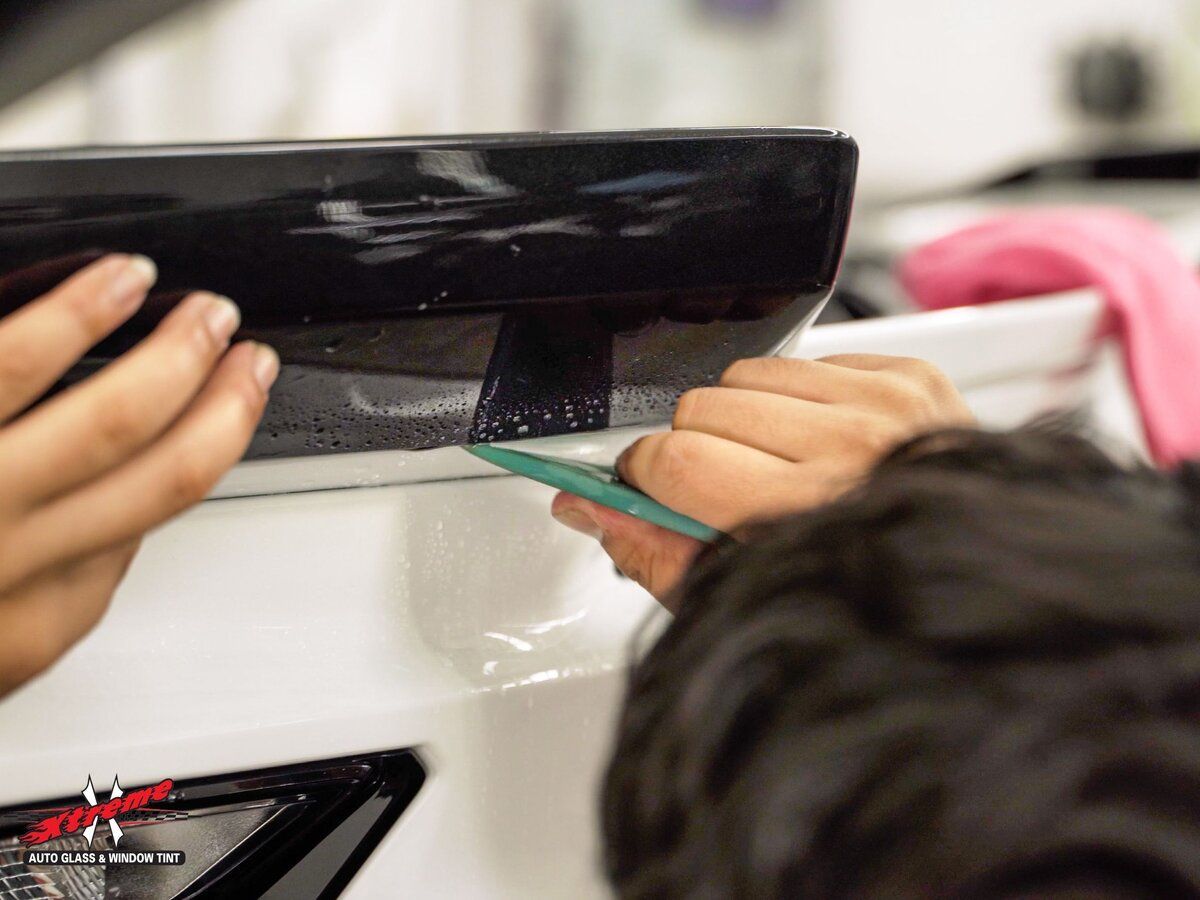
When it comes to safeguarding your vehicle's paint with PPF, choosing the right professional installer can make all the difference. Here's what you need to consider:
Reputation and experience
A professional PPF installer with a solid reputation is more likely to deliver top-notch services. Look for installers who have been in the industry for several years and have a proven track record of quality craftsmanship. A well-established reputation and extensive experience are indicators of reliability and expertise.
Customer Reviews
Reading customer reviews and testimonials can provide valuable insights into the experiences of previous clients. Look for installers with consistently positive feedback, especially regarding their workmanship, customer service, and overall satisfaction. Remember: The real-world experiences of others can guide you towards making an informed decision.
Variety of PPF Products Offered
A reputable professional installer should offer a variety of PPF products to suit different customer needs. Whether it's standard paint protection film, ceramic coatings, or specialty films for specific applications, having a range of options demonstrates the installer's commitment to meeting diverse requirements.
Warranty Provided
An essential aspect of selecting a professional installation service is reviewing the warranty they provide for their work. A reliable installer stands behind their craftsmanship and offers a solid warranty on both the product and the installation. This assurance speaks volumes about their confidence in the longevity and effectiveness of their services.
These factors are critical in determining the credibility and proficiency of a professional PPF installation service. By carefully considering these elements, you can ensure that your vehicle receives the best protection and exceptional service quality.
Protect your investment with Auto Paint Protection Film from Xtreme Auto Glass & Window Tint.
Your vehicle is more than just a mode of transportation—it's an investment that deserves the best protection. At Xtreme Auto Glass & Window Tint, we understand the importance of preserving your vehicle's paintwork, which is why we offer premium auto paint protection services. Our
paint protection films
provide a durable barrier that shields your vehicle from these hazards, preventing scratches, chips, and fading. With Xtreme Auto Glass and Window Tint, you can drive with confidence knowing that your vehicle is protected against the elements.
